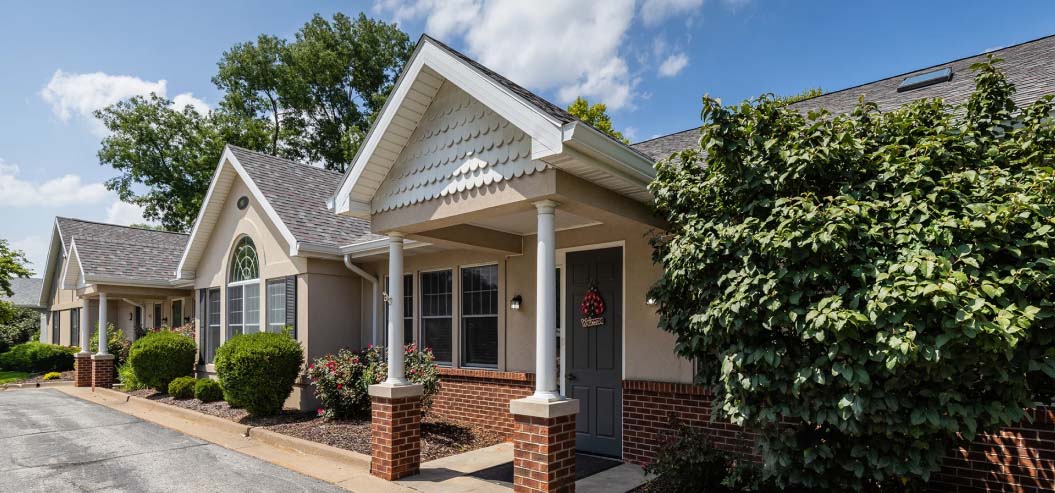Memory care is a specialized form of senior living care designed to meet the unique needs of individuals who are living with Alzheimer’s or dementia-related diseases or illnesses and conditions that affect cognition or memory. To stay healthy, active, and well, individuals living with these conditions require comprehensive care plans that should include:
In memory care communities, residents receive personalized care plans tailored to their specific needs and stages of memory loss.
Next, we will explore the different types of care plans typically offered for memory care residents and highlight the various services that contribute to a senior’s well-being and quality of life.




Looking for job opportunities in greater Davenport where you can make a difference in the lives of others? At Country Manor, we offer rewarding senior living career paths. Apply today!
Have Questions, or Want to Arrange a Personal Tour?